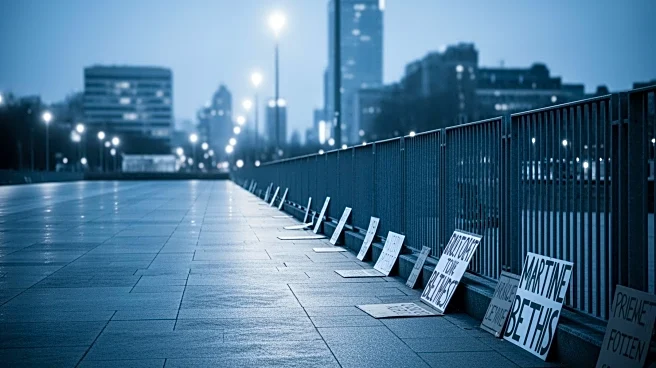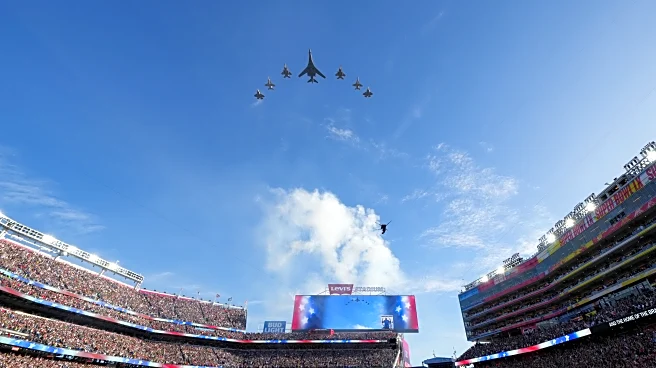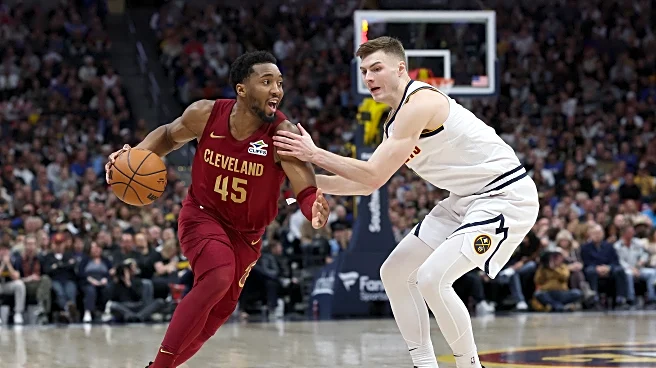Rapid Read • 8 min read
Michael Steele, former chair of the Republican National Committee and current MSNBC host, has criticized President Trump for sharing a fake video depicting former President Barack Obama being arrested in the Oval Office. The video, which appears to be generated by artificial intelligence, was shared by Trump on his Truth Social platform. Steele highlighted that Trump himself is the only president to have been convicted on 34 felony counts, emphasizing that Trump often disregards factual information. The video was shared shortly after Tulsi Gabbard, Trump's director of national intelligence, released a report accusing the Obama administration of a 'treasonous conspiracy' related to Russian interference in the 2016 election. This claim contradicts findings from former U.S. Special Counsel Robert Mueller and a bipartisan Senate Intelligence Committee report, which indicated Russian preference for Trump during the election.
AD
The sharing of such misleading content by President Trump has significant implications for political discourse and public perception. It underscores the ongoing challenges in combating misinformation and the potential for such content to incite unrest among Trump's supporters. Steele's comments reflect concerns about the impact of unfounded conspiracies on political stability and public trust. The video and accompanying claims could further polarize political factions and contribute to a climate of distrust and division. Additionally, the focus on Trump's ties to Jeffrey Epstein and the dissemination of false narratives may distract from substantive political issues and hinder constructive dialogue.
The controversy surrounding the fake video and Gabbard's report may prompt further scrutiny of President Trump's use of social media and the dissemination of misinformation. Political leaders and media outlets may increase efforts to fact-check and counter false narratives. There could be calls for greater accountability and transparency in the sharing of content by public figures. The situation may also lead to discussions on the role of artificial intelligence in creating and spreading misleading information, potentially influencing policy decisions regarding digital content regulation.
The incident raises ethical questions about the responsibilities of public figures in sharing content and the potential consequences of inciting violence or unrest. It highlights the need for critical media literacy among the public to discern credible information from fabricated content. The use of AI-generated videos in political contexts may prompt debates on the ethical use of technology and the importance of safeguarding democratic processes from manipulation.
AD
More Stories You Might Enjoy













